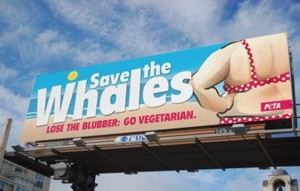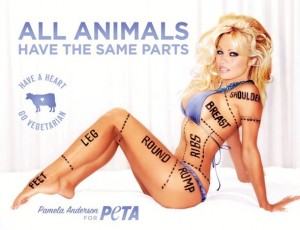While I haven’t been thinking too much about what I want to do after college yet, since I’m just trying to get through my Freshman year in one piece, there are a couple of things I would like to do in regards to a civic life.
One of the overall goals of my college career is to commission as a Second Lieutenant in the Air Force. Being in the Air Force will automatically set me up to carry out civic acts. But, I’m not talking just about defending the country and its people. I see myself traveling around in Europe and utilizing my degree in Russian.
What does knowing Russian and the Air Force going to do for my civic life, you may ask?
Well, one of my dream’s is to help out with Eastern European orphanages. Coming from one, I know how scared and confused they are. My plan is to increase the awareness of these orphanages. Maybe even getting to the point where when I come home every now and then I can tell friends, family, etc. about the children who need to be adopted. I originally came over on a medical visa, so I would want to help other children get those medical visas. This will open the doors for them to not only get better healthcare than the orphanages provide, but to have the chance of meeting a family who wants to adopt. The Air Force will give me the opportunities to travel and be stationed at bases in places like Prague, Czech Rep., Budapest, Hungry, or Moldova. These places do have some Russian-speaking areas, so that will be where my focus is.
I think helping children is one of the best ways to pursue a civic life, since, as the clique saying states, children are our future.
We’ll see how it all goes in about ten years down the road.






